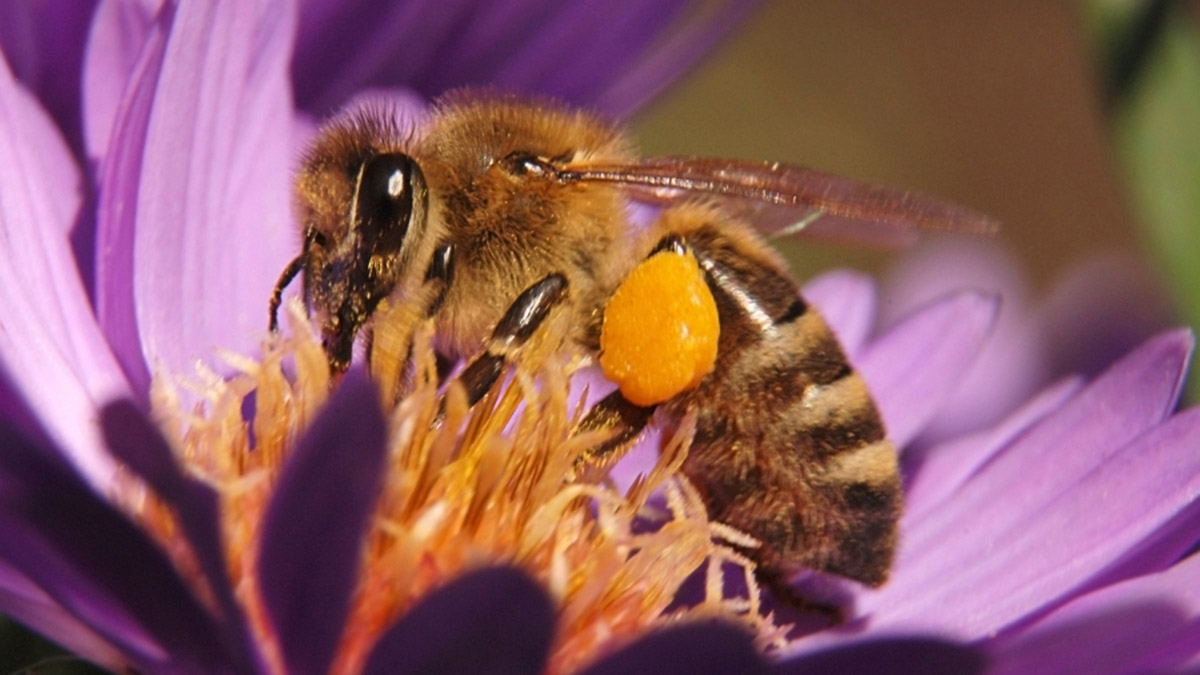When the warm months roll in, outdoor enthusiasts also find themselves facing the notorious nuisance of horse flies. If you've ever spent a delightful afternoon in the sun, only to be interrupted by these aggressive biters, you know how important it is to learn how to repel horse flies. Understanding their habits and knowing effective strategies can not only save your summer fun but also make your outdoor activities more enjoyable.
In this article, well delve into the various methods for keeping horse flies at bay, from commercial solutions to natural repellents. Together, we will ensure you can enjoy your time outside without the bothersome attacks from these pesky pests.

Understanding Horse Flies
Horse flies belong to the family Tabanidae, consisting of more than 4,000 species. These insects are known for their painful bites and aggressive behavior, primarily targeting livestock but often bothering people too. Typically, they inhabit areas close to water and are attracted to movement and dark colors.
Horse flies are most active during the warmer months when their populations peak. By learning how to repel horse flies, you can greatly reduce your encounters with them while enjoying the great outdoors.

How to Identify Horse Flies
Before you can repel horse flies effectively, you need to recognize them. They are usually larger than regular flies, often measuring between 0.5 to 1 inch long. Horse flies tend to have large multifaceted eyes and can range in color from black to brown and even metallic hues.
Knowing what to look for helps you identify these flyers quickly, allowing you to employ your repelling strategies on time.

How to Repel Horse Flies Using Natural Remedies
If you're not keen on using chemical repellents, there are several natural options to keep horse flies away:
1. Essential Oils
Essential oils like eucalyptus, peppermint, and tea tree oil are fantastic natural repellents against not only horse flies but many other insects as well. You can dilute a few drops of essential oil with a carrier oil and apply it to your skin or clothing.
For example, a mixture of eucalyptus oil and coconut oil creates a potent fly-repelling solution. Make sure to reapply every couple of hours for the best results.
2. Vinegar and Water Spray
Mixing equal parts vinegar and water and putting the solution in a spray bottle can work wonders. You can spray this mixture around your outdoor area.
3. Homemade Fly Traps
You can easily make homemade traps using sugar water and vinegar. Fill a container with the mixture and place it in areas where horse flies are a nuisance. The sweet scent will attract the flies, while the vinegar will trap them.

Commercial Solutions to Repel Horse Flies
If natural methods aren't enough for you, there are commercial products specifically designed to repel horse flies:
1. Insect Repellent Sprays
Look for insect repellent sprays that contain DEET or picaridin. These ingredients are effective but can be harsh, so it's essential to follow the instructions and apply them as directed.
2. Fly Masks
If you need to protect your horses from horse flies, consider investing in fly masks. These masks cover the animals faces and prevent flies from biting, offering relief during the summer months.
Preventive Measures to Keep Horse Flies Away
Besides using repellents, taking preventive measures is key to avoiding horse fly infestations:
1. Maintain Cleanliness
Make sure your outdoor area is clean. Dispose of animal waste promptly, as horse flies are attracted to feces.
2. Trim Vegetation
Horse flies love to inhabit tall grasses and bushes. Regularly trimming vegetation in your yard can help reduce areas where horse flies like to hide.
3. Stay Indoors During Peak Hours
When horse flies are most activebetween mid-morning and late afternoonconsider staying inside or wearing protective clothing if you need to go outdoors.
What Smells Repel Horse Flies?
Several scents act as natural deterrents for horse flies. Heres a brief look at what smells can keep them away:
- Citronella - Known for its efficacy against mosquitoes, it also repels horse flies.
- Lavender - This aromatic herb has a calming effect on humans but repels horse flies.
- Garlic - The strong smell of garlic is unpleasant for many insects, including horse flies.
You can combine these scents in DIY mixtures or purchase pre-made products containing these fragrances to use in your outdoor area.
What Plants Repel Horse Flies?
If you prefer long-term solutions, consider adding plants known for deterring horse flies to your landscape:
- Marigold - Their scent is well-known for keeping various insects, including horse flies, at bay.
- Basil - This popular culinary herb also acts as a natural insect repellent.
- Catnip - Although famous for attracting cats, its aroma repels many flying insects.
Planting these herbs and flowers around your yard can help create a natural barrier against horse flies.
Frequently Asked Questions (FAQs)
1. What time of day are horse flies most active?
Horse flies are typically most active during the late morning to late afternoon, especially on warm, sunny days.
2. Can horse flies transmit diseases?
Yes, horse flies can transmit diseases to livestock and sometimes to humans, although this is rare. Their bites can be painful and cause allergic reactions.
3. How can I prevent horse flies from bothering my pets?
Keep your pets indoors during peak activity hours and consider using pet-safe insect repellents available on the market.
For more tips on natural pest control methods, you can check out this article on pest-repelling houseplants.
As an Amazon Associate, I earn from qualifying purchases.
